Ljajić bemoans “deadlock in social dialogue”
Serbia won’t be able to establish a government body for addressing the problems of workers and employers before next year, says Labor Minister Rasim Ljajić.
Tuesday, 16.06.2009.
15:08

Serbia won’t be able to establish a government body for addressing the problems of workers and employers before next year, says Labor Minister Rasim Ljajic. He told a meeting on social dialogue, held by the National Convent on the EU, that a memorandum was due to be signed in 2009 on a social partnership in conditions of crisis. Ljajic bemoans “deadlock in social dialogue” Despite the 20 or so worker strikes in Serbia so far this year, some of which are becoming increasingly radical in nature, Serbia still lacks the necessary conditions to form a social pact, Ljajic noted. Until Serbia gets such a body that will address the issue of strikes, the only other option that remains open is for the state, employees and employers to talk frankly, the minister said. These talks, however, cannot be successful in a situation where there is no trust, Ljajic said. “Here compromise still means weakness, it means defeat and betrayal, and everyone would rather stick to their starting positions than be ready to back down on the strength of another’s arguments,” the minister lamented. “The question is always asked whether the social partners are representative, ie. legitimate. And that question arises when we’re talking about unions and employers’ unions, and they all bear grudges against government officials,” he said. Analyst Zoran Stojiljkovic has proposed the introduction of a temporary moratorium on the question of representation of all negotiators, in order to get the issue of social dialogue moving again. “Permanent protests, strikes, with devastating repercussions in areas where not enough work is being done anyway, or no work is being done at all, are not having any effect,” Stojiljkovic pointed out. “Nor are permanent elections, where incomplete governments struggle to honor their pre-election promises, the solution. The political scene shows insufficient maturity to deal with this,” he said. The conditions for forming a social pact in 2010 are: an analysis of the earlier agreement between the social partners; concluding the branch collective agreements; and forming a body to address the issue of strike prevention and worker protests.
Ljajić bemoans “deadlock in social dialogue”
Despite the 20 or so worker strikes in Serbia so far this year, some of which are becoming increasingly radical in nature, Serbia still lacks the necessary conditions to form a social pact, Ljajić noted.Until Serbia gets such a body that will address the issue of strikes, the only other option that remains open is for the state, employees and employers to talk frankly, the minister said.
These talks, however, cannot be successful in a situation where there is no trust, Ljajić said.
“Here compromise still means weakness, it means defeat and betrayal, and everyone would rather stick to their starting positions than be ready to back down on the strength of another’s arguments,” the minister lamented.
“The question is always asked whether the social partners are representative, ie. legitimate. And that question arises when we’re talking about unions and employers’ unions, and they all bear grudges against government officials,” he said.
Analyst Zoran Stojiljković has proposed the introduction of a temporary moratorium on the question of representation of all negotiators, in order to get the issue of social dialogue moving again.
“Permanent protests, strikes, with devastating repercussions in areas where not enough work is being done anyway, or no work is being done at all, are not having any effect,” Stojiljković pointed out.
“Nor are permanent elections, where incomplete governments struggle to honor their pre-election promises, the solution. The political scene shows insufficient maturity to deal with this,” he said.
The conditions for forming a social pact in 2010 are: an analysis of the earlier agreement between the social partners; concluding the branch collective agreements; and forming a body to address the issue of strike prevention and worker protests.










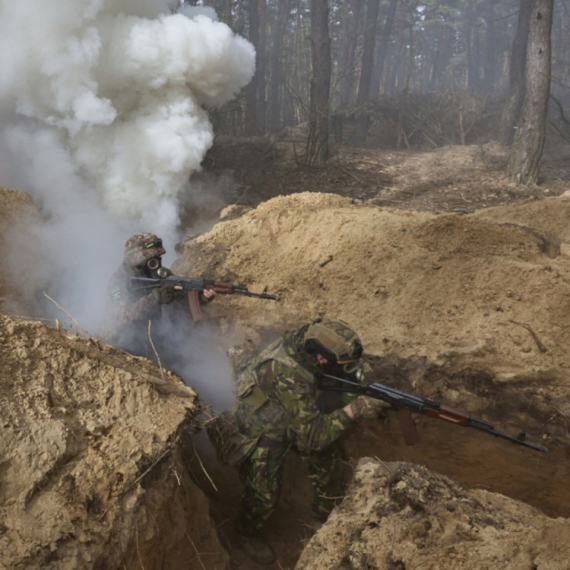

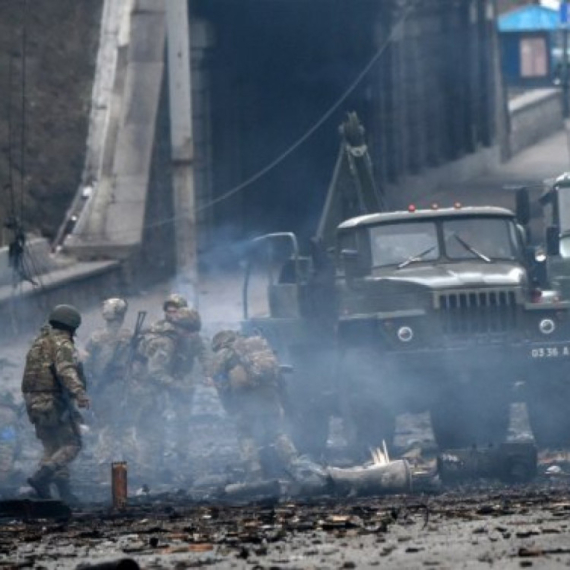
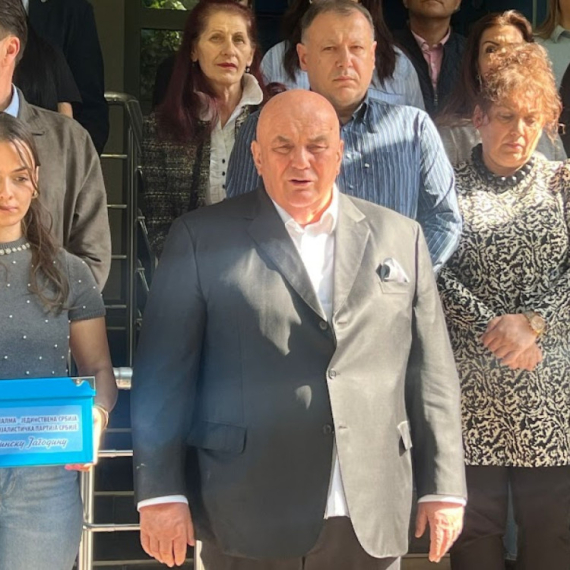

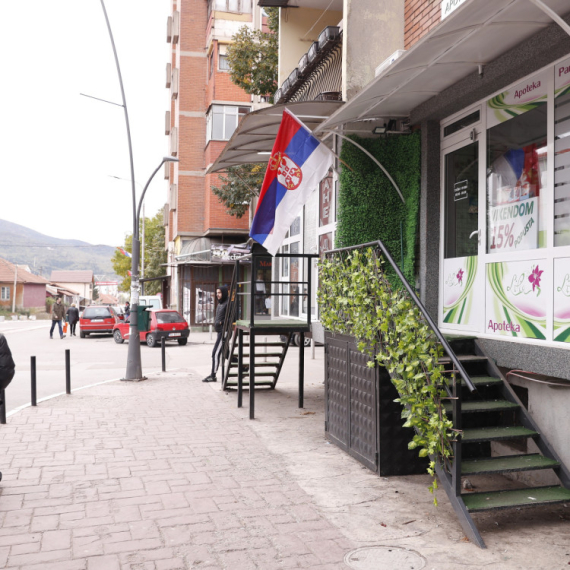

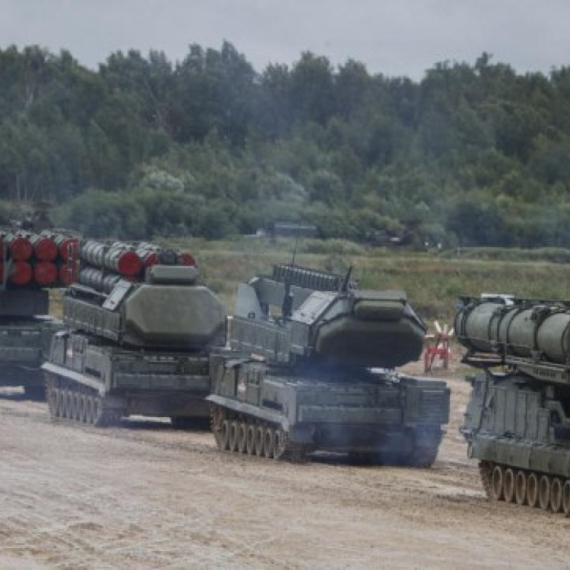
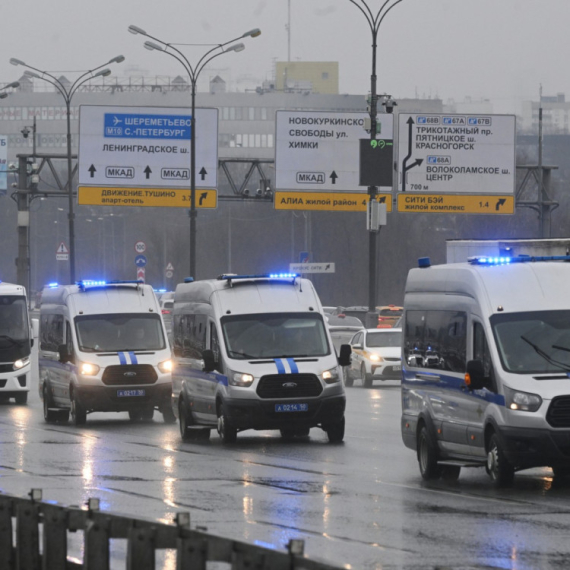
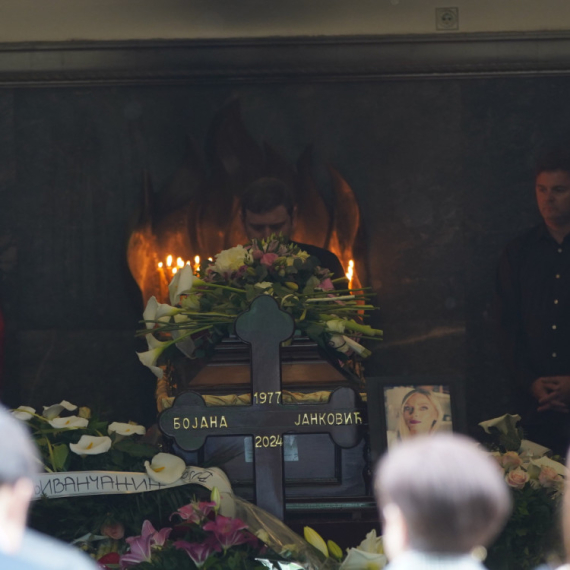
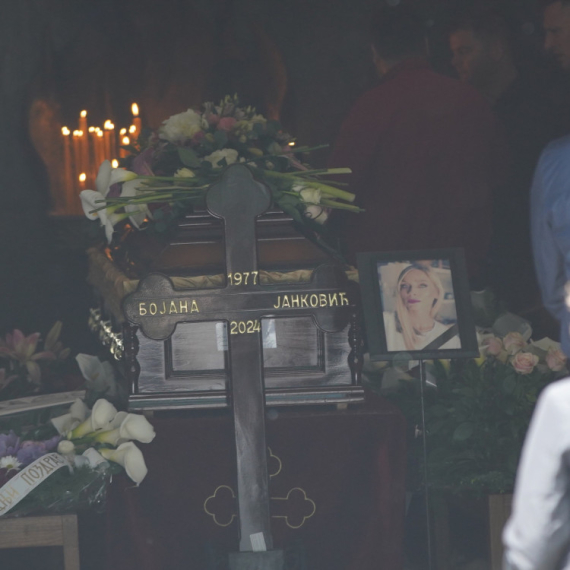
























Komentari 0